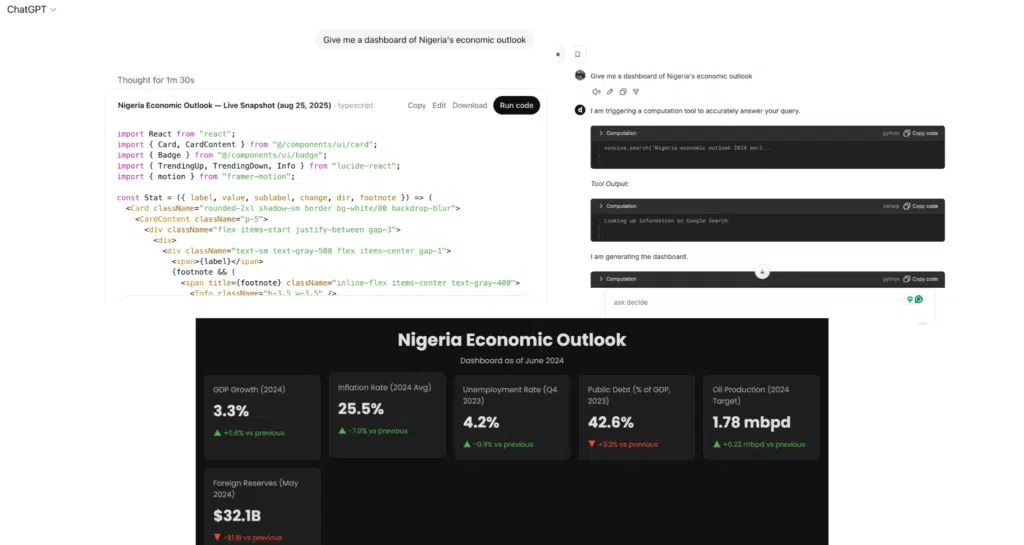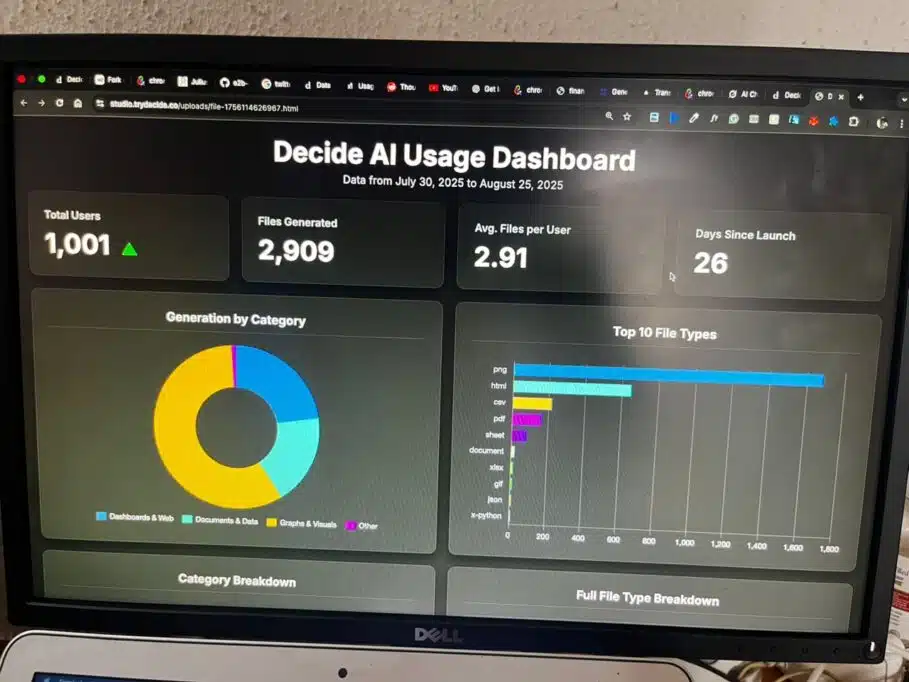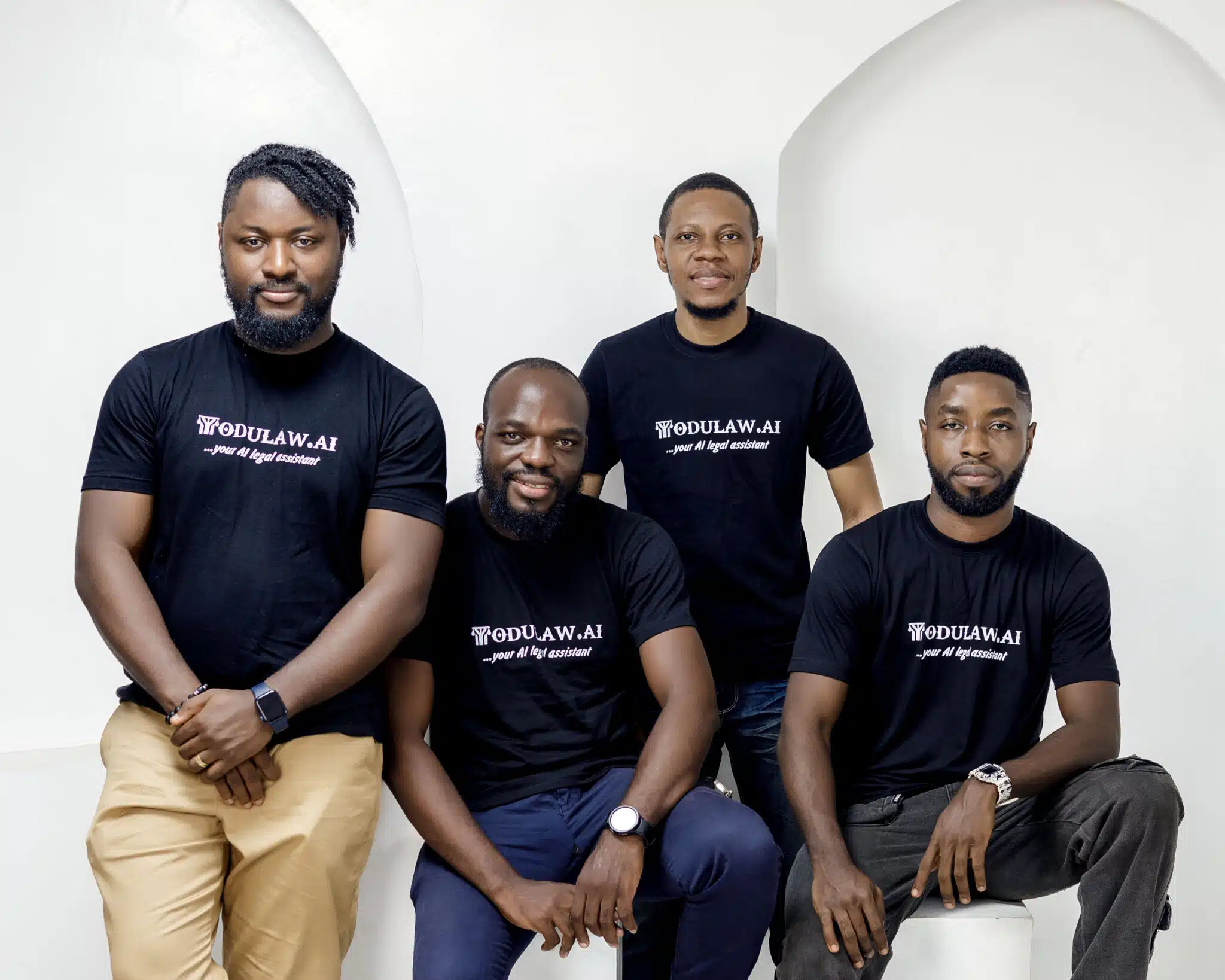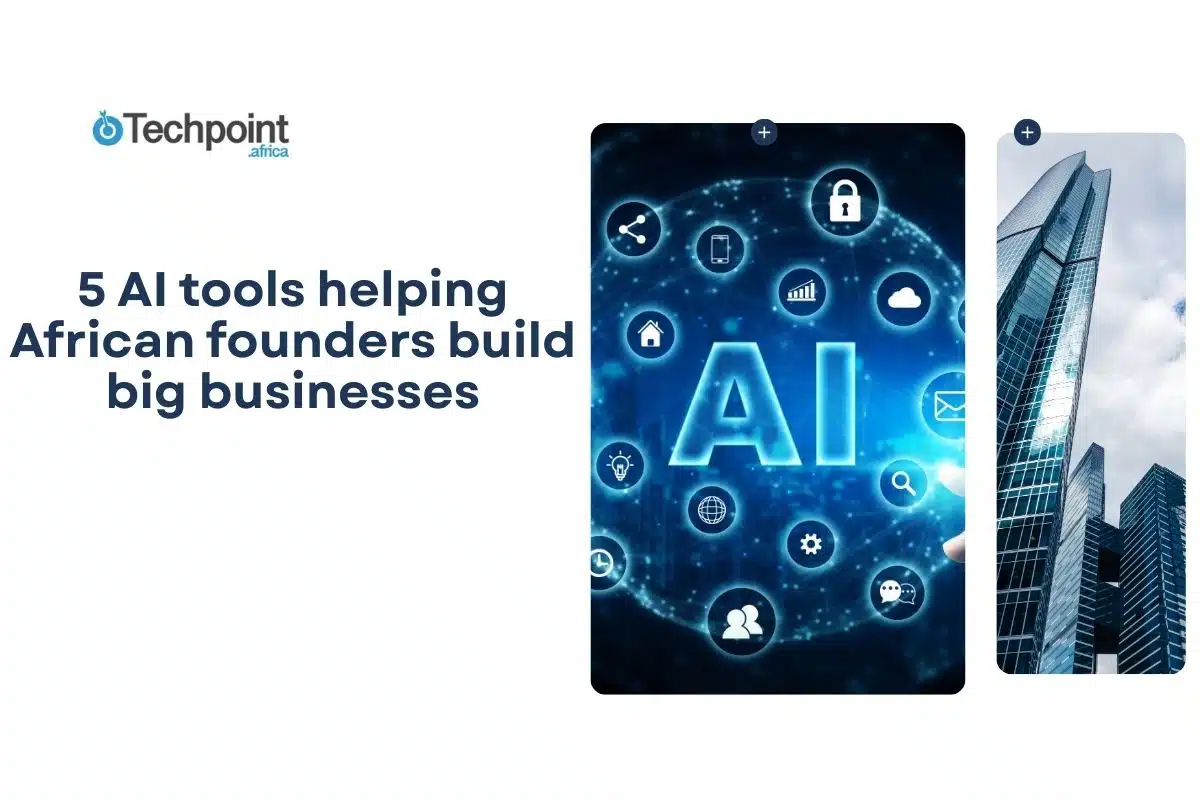Building an AI product that can do what OpenAI’s ChatGPT cannot do sounds remarkably difficult. At least, that was what I thought until I met Abiodun Adetona, a former Flutterwave developer who built an AI product that attracted 1,000 users within 24 days of launch with zero marketing.
The product is called Decide. Aptly named, it analyses data to support decision-making.
For instance, it can generate an entire dashboard from a simple prompt such as “Give me a dashboard of Nigeria’s economic outlook.” The platform responds by creating a website containing charts, figures, and commentary on Nigeria’s economy.
By comparison, ChatGPT generated several lines of code from the same prompt. While the code could eventually create something similar to what Decide delivered, it is useless to anyone who is not a developer.
Decide also allows users to upload datasets, clean the data, and generate dashboards directly from them.

Doing something ChatGPT can’t do

It is almost impossible to build an AI product that does something ChatGPT, Gemini, or LLaMA (Meta’s AI) cannot do. A more realistic approach is to build differently from how they work or to purpose-build for specific use cases. This is what Decide, and other AI products like Case Radar, are doing.
These products still rely on existing infrastructures created by the likes of OpenAI. Decide, for example, is built on OpenAI, LLaMA, and Google Gemini.
“When a request comes in, we analyse it and route the result to the LLM that can answer it best. Each model has its strengths, and we are basically combining them,” Adetona explained on a call with Techpoint Africa.
Decide does not completely piggyback on these AI giants. Ensuring the platform provides the right data without hallucinations required more work.

Victoria Fakiya – Senior Writer
Techpoint Digest
Stop struggling to find your tech career path
Discover in-demand tech skills and build a standout portfolio in this FREE 5-day email course
“We use a code interpreter to crunch the data through Python because data analysis requires accuracy,” he added.
When you ask Decide to fetch data from the Internet, you can see the computational process it takes from the moment you enter the prompt. It starts by analysing the prompt, runs a Google search, and generates the dashboard.
“ChatGPT does not do this out of the box. You have to pay to turn it on. We turn it on for you by default,” Adetona said.
Of course, this means Decide is at the mercy of one update push from OpenAI. “Yes, people say a lot that ChatGPT is going to kill us, but there are similar products with millions of users. I think the important thing is to keep executing.”
One of those similar platforms is Julius AI, which has millions of users. According to Adetona, Decide can do everything Julius AI can do, from finding and analysing data online to processing data users already have. Decide’s competitive advantage, however, lies in its ability to generate dashboards.
Still, this advantage falls short when compared to platforms like Replit and Poly Search. Yet with 1,000 users who have already generated thousands of files, there may be room for Decide in the market.
Building Decide

Adetona’s desire to build in AI began in 2022, when OpenAI’s ChatGPT wowed the world. “I was playing with their back end and realised this would change the world,” he said.
His first attempt at building an AI project was in 2024, when a friend had the idea of creating a Slack bot that could translate natural language questions or commands (written in English) into Structured Query Language (SQL) queries.
“The idea made sense because when I was at Flutterwave, I used to assist non-technical teams with spooling data. I built it and we launched, but the reception was not very good. Existing models could do it just as well.”
Although the product did not succeed as hoped, Adetona gained a valuable lesson: It is virtually impossible to compete directly with the AI giants.
“We can’t compete with them; we just need to find a space where we can come in and deliver value to users.”
With 1,000 users in just 24 days — acquired through word of mouth and organic posts on X — Adetona may have found that space with Decide. He has quit his job at Flutterwave to focus fully on the project, running it as a one-man team.
That alone speaks to his engineering prowess. He began as an engineering intern at Hotels.ng before securing a role at Flutterwave, where he worked on the checkout team and served as the lead developer for nearly three years.
Beyond Flutterwave, he has freelanced for international companies, including Turing, a US-based software firm, and Snyth, an AI startup also in the US.
Deciding to make Decide profitable
So far, building Decide has not cost Adetona much, but the bills are beginning to mount. Earlier this year, Saheed Azeez, who created YarnGPT, an AI text-to-speech model with a Nigerian accent, told Techpoint Africa it cost him $50 to train the model. While Decide does not train its own models, it does generate API calls from the LLMs it relies on.
“They are normally priced per text input and output. One million tokens can go as high as $2. Some days, I spend like $10 or even more,” Adetona explained.
There are also server costs of $50 a month with Digital Ocean, which he describes as negligible. The bigger concern is the code interpreter, which, aside from crunching the data through Python, also allows Decide to run calculations, process data, and generate charts directly within the platform. For that, it has secured $20,000 in free credits from cloud agent E2B.
Free credits were also the only reason he said he would consider using MTN’s new data centre when I asked him.
Still, Adetona’s main concern is raising funds to scale. From API calls to server bills, costs could rise sharply if users continue to grow and actively engage with the platform. He has spoken with angel investors but has yet to secure backing.
While Decide is not generating revenue yet, Adetona envisions millions of dollars in revenue if the platform scales successfully.
“Already, I’ve seen interest from people who want Decide integrated into their financial systems. So for the business model, I’m thinking along the lines of APIs and subscriptions.”
Most of Decide’s users are currently based in Nigeria, but its reach is already global, with significant adoption in the US. Adetona hopes to lean more heavily into that international growth.










